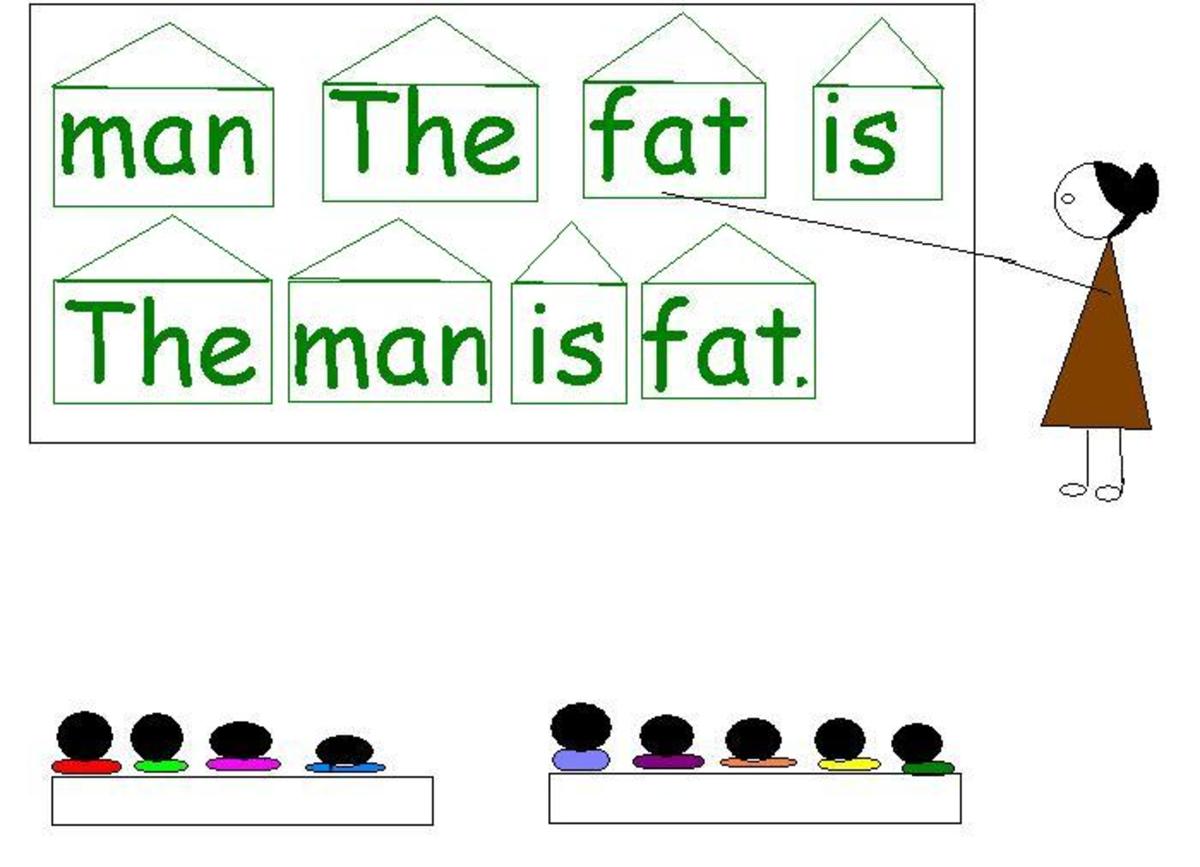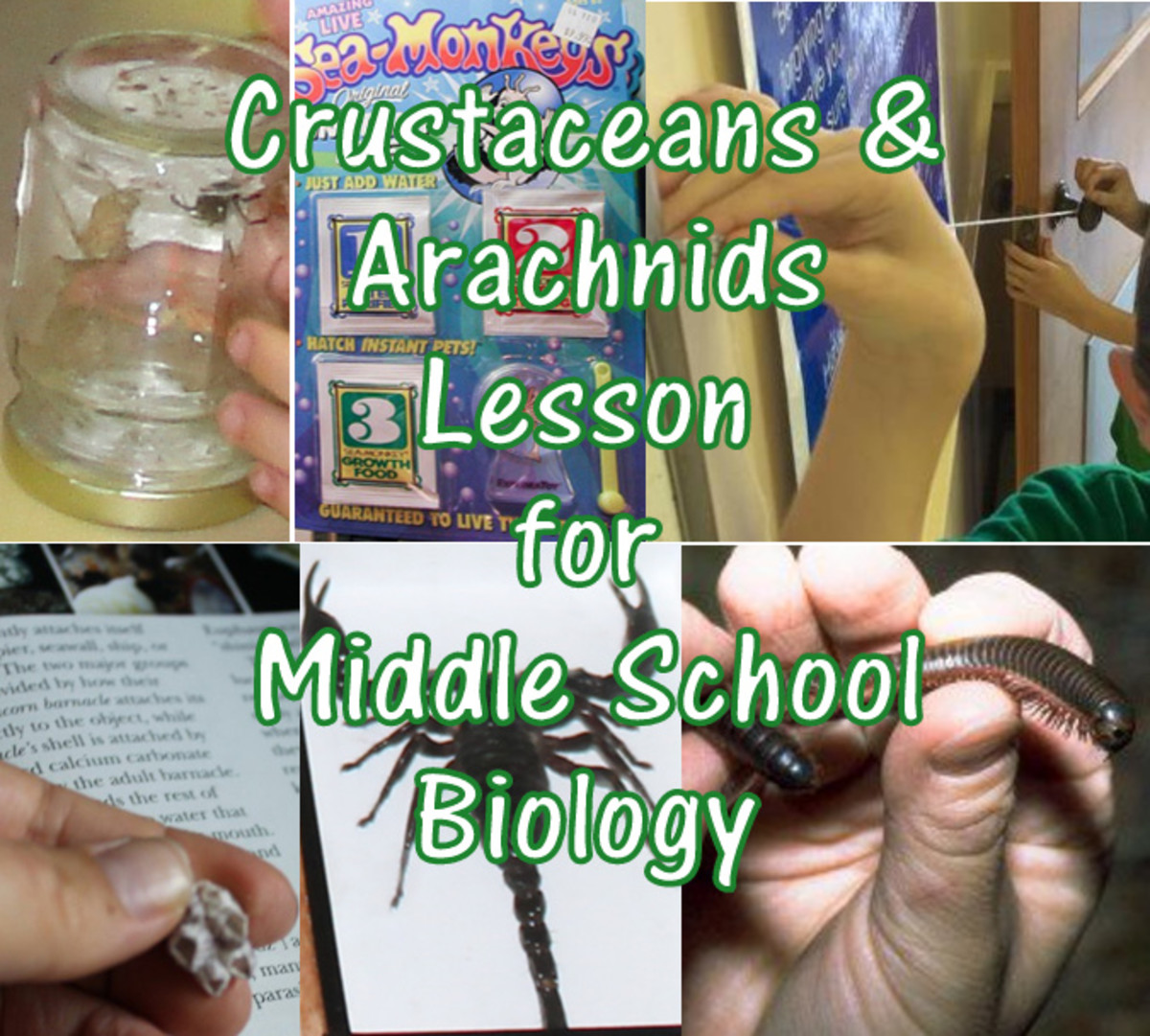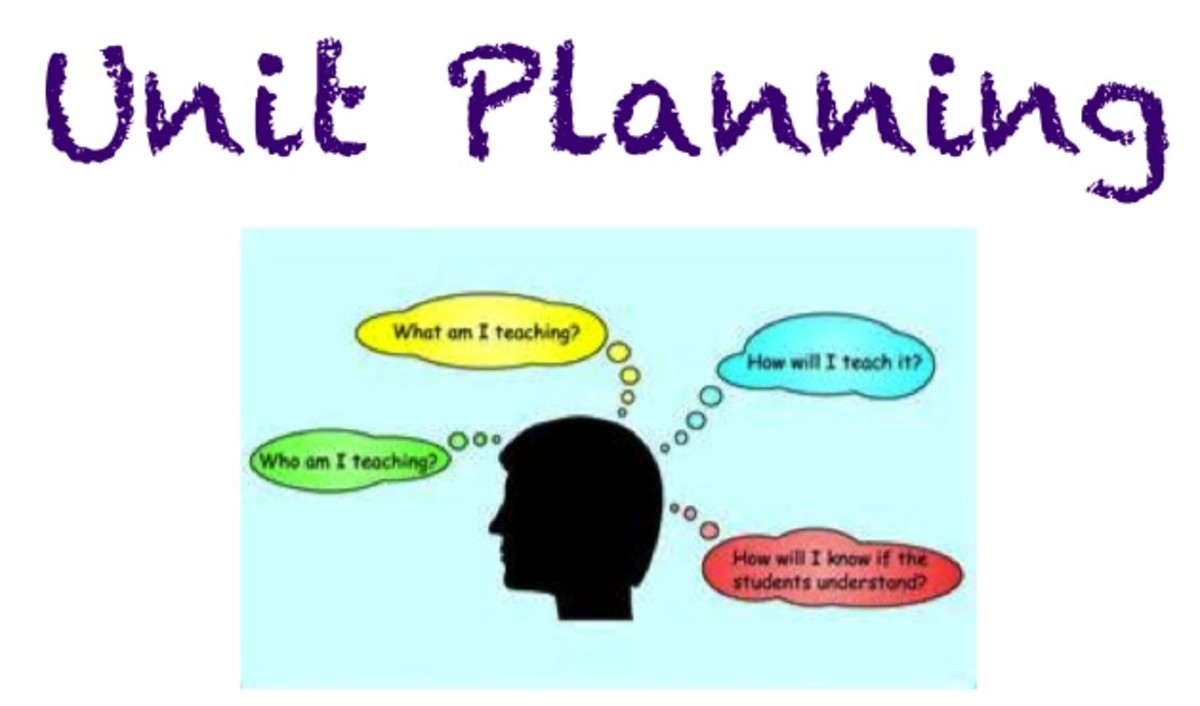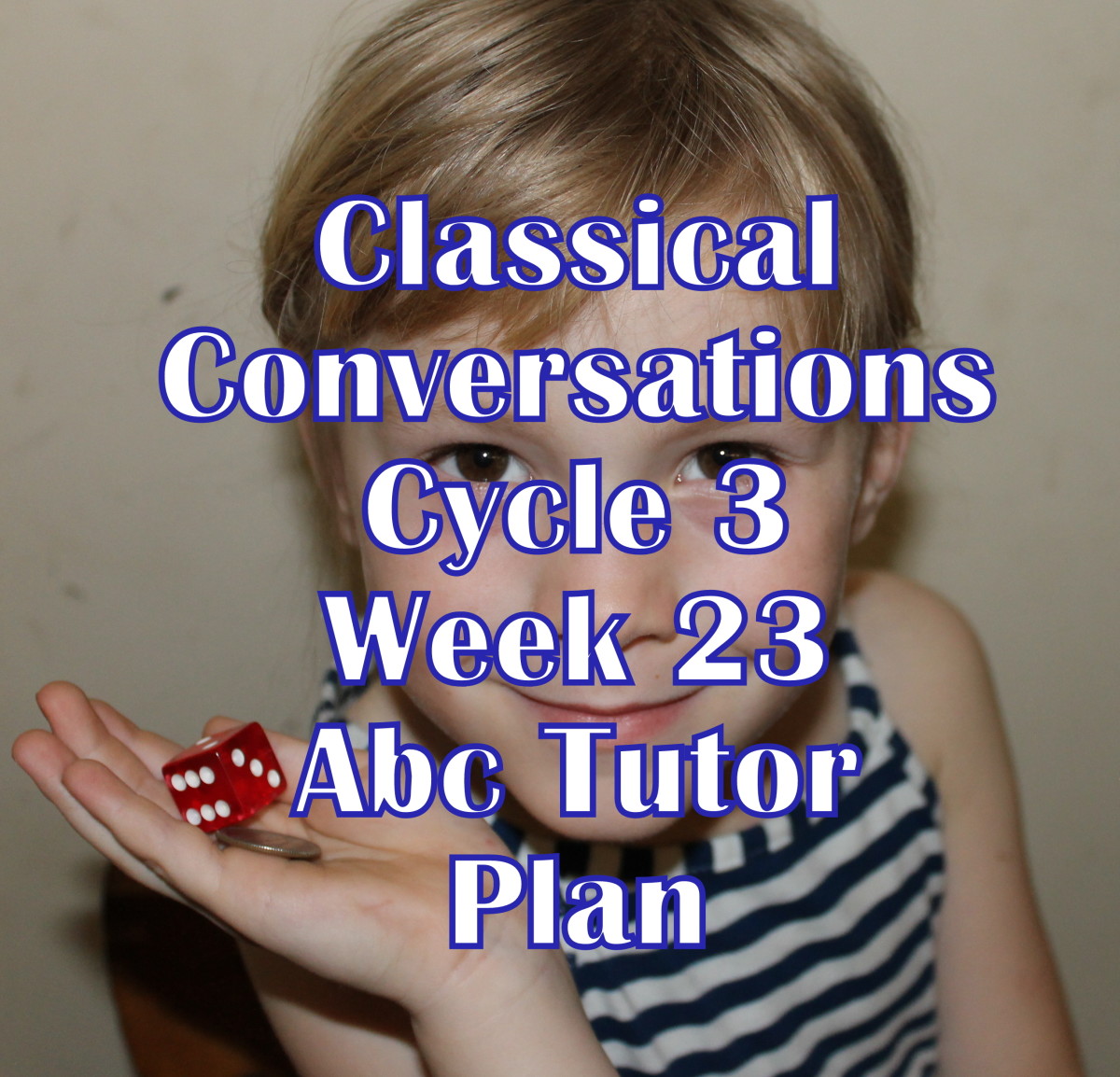Language Arts Exercise on Simple Subjects and Verbs

It is important to get back to the basics of sentence structure when trying to improve your grammar or learn English.
A sentence is a group of words that form a complete thought.
To form a complete thought, you need to have a subject, which is usually a noun, and a verb, an action word.
So sentences, in their simplest forms, have a subject and a verb.
Here are some examples of full sentences that are very short.
Examples of Short, Full Sentences
- Dogs eat.
- People talk.
- Armies march.
- Cats fight.
- Children play.
Each of these are examples of complete sentences. They show a complete thought. The noun at the beginning of the sentence shows who or what is doing the action and the verb at the end of the sentence shows what action is being completed.
Other words for these two different sentence parts are subject and predicate.
Create Your Own Simple Sentence
In the table below choose one word from the subject column and one word from the verb column.
Put them together to make a complete sentence.
You can have the sentences make real meanings or make them silly and nonsense.
As long as you have a subject and predicate, you have a complete sentence.
Mix and Match Subjects and Verbs
Subjects
| Predicates
|
|---|---|
Apples
| Eat
|
People
| Sing
|
Babies
| Dance
|
Chairs
| Run
|
Doors
| Play
|
Cars
| Sleep
|
Cats
| Study
|
Fish
| Crawl
|
Scientists
| Swim
|
Trees
| Collect
|
Televisions
| Grow
|
Zebras
| Imagine
|
Unicorns
| Talk
|
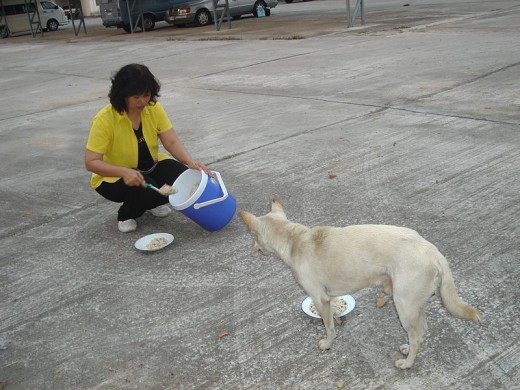
Getting More Complex
But we rarely talk in two word sentences. Most of the sentences we write and speak are complex sentences that contain multiple pieces of information.
But guess what. They ALWAYS have that simple subject and simple verb.
Consider the subject and verb (or predicate) to be the building blocks of the sentence or the foundation.
Those two components must be there to make it a complete sentence.
For example, consider this sentence:
- The dog eats out of a red bowl on the floor.
This sentence gives the reader a lot of information about what contains the dog's food, where its eating and even the color of its bowl.
But what is the most important piece of information in the sentence? The most important is what noun is doing the action (the dog) and what action it is performing (eating).
- So within this more complex sentence is the simple sentence: The dog eats.
The simple subject is dog (the is a modifier used to help the reader or listener understand which noun).
The simple predicate or verb is eat.
Can You Match the Simple Sentence With the More Complex Version?
Complex Sentence
| Simple Sentence
|
|---|---|
1. The kite flew high up into the air
| A. Jackson swims.
|
2. Because she was sick, Lizzie felt tired.
| B. Machine rinsed.
|
3. The giant, purple flower bloomed all summer.
| C. Katrina ordered.
|
4. Jackson swims for the school's team.
| D. Lizzie felt.
|
5. The recipe's ingredients confused Lisa.
| E. (You) go.
|
6. The washing machine rinsed the clothes.
| F. He told.
|
7. Because it was a hot day, Katrina ordered icecream.
| G. Teachers assign.
|
8. If it is raining tomorrow, go to my house instead.
| H. The kite flew.
|
9. Teachers often assign extra homework on Tuesdays.
| I. Ingredients confused.
|
10. When she asked Bob for the car keys, he told her about the accident.
| J. The flower bloomed.
|
Answers: H
C.
J.
A.
I.
B.
C.
E.
G.
F.

As you can see, the simple sentence always lurks within the more complex sentence. Strip away everything that is not the main object doing the action and you have your simple subject and simple verb.
A few points to consider:
- Watch for prepositional phrases. These are not the main part of a sentence.
- Being verbs can also be a simple predicate. Example: Bob is sad about his test grade. In this case your simple subject--Bob and your simple predicate--is.
- Watch for conjunctions such as and, or, but. This may signify that either your simple subject or simple predicate is compound, meaning more than one.
Compound Simple Subjects and Predicates
Sometimes you have more than one action in a sentence or more than one object that is completing the action.
These sentences may have a compound subject, compound predicate, or both.
Look for conjunction words and ask yourself what is doing the action in the sentence and who is receiving that action.
Here are some exercises that you can use to practice compound simple subjects and predicates.
Decide whether each sentence has a compound subject (cs), compound predicate/verb (cv), both (b), or none (n).
|
|---|
1.Bob and Marianne congratulated the winners of the contest.
|
2. The cats ate the bucket of fish.
|
3. The choir sang the song and collected the donations.
|
4. The stars twinkled and glistened in the night sky.
|
5. The baseball player walked up to home plate and stared at the pitcher.
|
6. The man and woman ran through the store.
|
7. Eat the meal and drink your milk.
|
8. The clowns jumped in the tiny, yellow car.
|
9. Because Clarissa had the flu, Kenan asked Jayne if she would come to the party and dance with him.
|
10. Marcus and his mother arrived for the ceremony and sat in the first row.
|
1. cs
2. n
3. cv
4. cv
5. cv
6. cs
7. cv
8. n
9. cv
10. b
Simple subjects and simple verbs are relatively easy to pick out once your know what you are looking for.
Make sure to carefully consider what object is completing the action and what the action of the sentence might be.
If a sentence doesn't have a subject or a verb then it is not a complete thought or a complete sentence.



